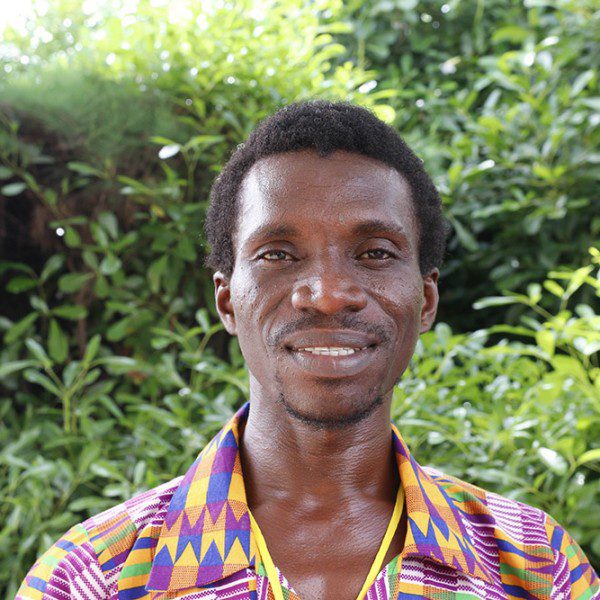

Assessment of current human rights situation in Africa I think the situation of human rights is still appearing in Africa. It’s still not been taken care of by the people who are supposed to take care of the human rights situation in the Gambia. And then African people still encounter lots of human rights violations, not from outside but between their own people and between their own government. So the situation of human rights is still aggravating in Africa. African people still encounter lots of human rights violations, not from outside, but between their own people and their own government How can we ensure the independence of the commission? These organizations are integrated. It would be very difficult for them to be independent of each other’s work. We need each other in order to support each other’s work, because the African Union promotes unity between African people, and the African Commission on Human Rights promotes the rights of African people within the African continent. These two institutions, one can say, are integral parts of the African continent. Politicians are the ones that are making decisions that are sometimes not in favor of human rights issues But they should be politically independent from each other, because politicians are the ones that are making decisions that are sometimes not in favor of human rights issues. When politicians feel like their political power has been threatened by human rights issues, they don’t care about that and they don’t want to talk about that. So when you come to human rights issues and the independence of the African Commission on Human Rights, politically they should be independent of each other. Who can contribute to protecting human rights? The state, African countries, African governments, should be the main actors in terms of protection of human rights of African people. Because it’s the government of the people, by the people, and for the people. So if the government is not there for the rights of the people, the smaller stakeholders won’t have the power or the will or the courage or committment to do what they’re supposed to do in terms of human rights. So the state should be at the forefront in terms of protecting the human rights of their people in Africa. It’s the government of the people, by the people, and for the people How does the commission exercise its mission to protect human rights? The commission at most times only makes speeches or talks, and then actions are not being done. They ratify protocols, they come up with amendments and recommendations, but at the end of the day, these things are not being recognized by the member states. So if certain things are not being recognized by the member states, it’s only talk talk talk and then nothing is going to happen at the end of the day. So this is the problem we are encountering in Africa. They ratify protocols, they come up with amendments and recommendations, but at the end of the day, these things are not being recognized by the member states
First, African states should make sure that all sections of the society are protected, regardless of gender, sex, nationality, etc. They should make sure that the rights of their citizens are protected. What they should also do is implement and ratify some of these protocols that are passed by the African Commission and then make sure that they do grassroots system and put African human rights as part of governance. African states should make sure that all sections of the society are protected, regardless of gender, sex, nationality They should also implement specialized mechanisms so people from each member state can be aware and sensitized of their rights: from local communities to regional and sub-regional levels, up to the international level. By doing that it means that all parts of the society will be included and no part of the society will be left behind where their rights could be violated by the people that are supposed to protect them. But if they know their own rights they can stand up and protect their own rights.
